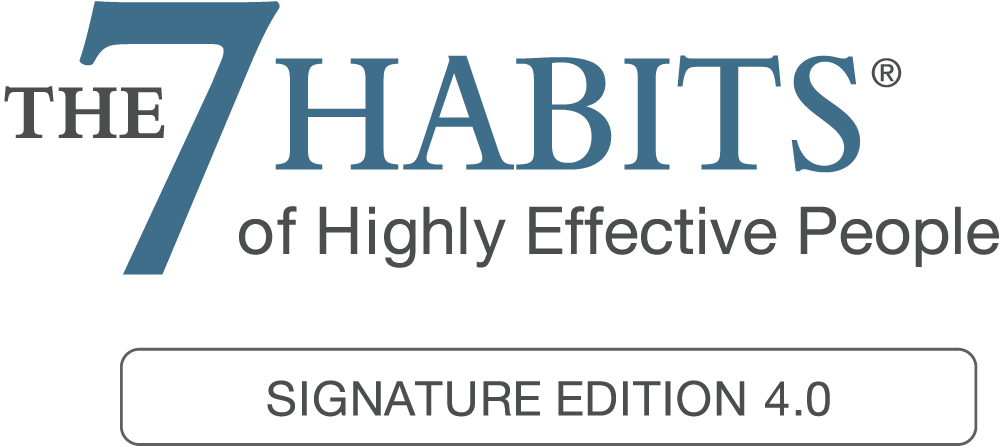There’s a lot of talk about the future of work right now, with many companies coming to realise that their employees would prefer the option to work from home. In fact, only 12% of employees are willing to work full-time from an office in the future. A hybrid approach to working is expected to be the most popular business model in the future, providing employees with flexibility and allowing them to benefit from both at home working and time in the office and work in a way that suits them.

what employers haven’t yet considered is that the hybrid working model can be quite divisive
In many ways, a hybrid approach to working seems to be positive for businesses and employees. It gives team members more control over how they work, suggests work-life balance will improve, and provides a space for in-person meetings and collaborations.
However, what employers haven’t yet considered is that the hybrid working model can be quite divisive. All employees work differently, and while some will prefer working from home, others will thrive in the office. A hybrid model of working where employees are free to choose what works for them could leave you with a real mix of employees, from 100% office-based to 100% remote and everything in between. This means some team members will work together and see each other daily, while other employees will primarily be alone, causing rifts in the team dynamic and creating issues for your company culture.
While we’ve proven that we can manage teams working in various locations throughout the last 12 months, one thing employers must add to their list of concerns is company culture. Whether you’re a scaling tech business or large-scale, well-known corporation or a startup, company culture is essential. It can help with talent attraction, employee retention and, in some instances, engage employees enough to improve profits. Your company culture can help to define your employer brand and can have a direct impact on perceptions of your workplace.
Therefore, there will be a challenge for employers working in a hybrid model to maintain their company culture when half of the employees are working from the office, and the other half are working remotely. How can you create the same culture for employees within a shared space for those in their own space? How can you avoid FOMO amongst your remote employees?
Operate like a remote-first business
Firstly, to ensure no favouritism towards workers who spend a lot of time in the office, businesses that adopt a hybrid working model must think and act as a remote-first business. This means that all meetings should have the option to be done via video, communications not be reliant on word of mouth, and ultimately, every aspect of your business must work for a remote employee as well as in-office. It’s vital that remote team members don’t feel like an afterthought and don’t miss out on things just because they choose to work from their homes. If, as an employer, you decide to give your team the option of how and where to work, you must ensure that inclusivity is encouraged, and that means ensuring handling all tasks with a remote-first attitude. Otherwise, you run the risk of having in-office cliques and remote workers missing out on things because it’s easier to involve team members who are all in one location.
Promote a shared mission
If there’s one thing that can unite a business when employees are dispersed over various locations, it’s having a common goal. Your EVP and brand mission can help to strengthen this goal and align your employees. It won’t matter if they’re working from their desk in your office or from their kitchen tables; if your team believe in your mission and what you’re trying to achieve, they should work together well regardless of location. You may need to rethink your EVP and brand values to fit into this new era of work, prioritising your new hybrid model of working. But use this framework to communicate your goals and emotional factors that will motivate your team and form the basis of your company culture.
Improve internal employer brand communications
Along with refining your EVP to work for both remote and in-office employees, you need to ensure that your internal employer brand communications go beyond just the office. If you’re shouting about achievements, sharing brand stories or even giving essential updates, you must ensure everyone in the business can hear and join in the celebrations. You can do this over a video call, email announcement or find other ways of connecting everyone. Where before putting up a poster or shouting out to the team may have been enough, to create an inclusive culture, you now have to consider the people who aren’t in the office as well. How will they know about the update? How can you include them?
You can also ensure your internal employer brand communications keep the essence of your company culture alive for those in and outside of the office by getting creative with content. Sharing videos, blogs and fun content can help to bring your company to life, even for those who are miles away. Make sure they aren’t getting any FOMO. There’s nothing worse than seeing something fun on social media that you’re missing out on, so if something is happening in the office, find a way to involve everyone.
Unite teams
Previously, teams could bond over watercooler chat and teams across departments would have the opportunity to mix and mingle. This has for many years been the foundation of company culture, the atmosphere provided in-between work, the conversations in the office and the relationships formed. With the hybrid model of working, employers will have to work harder to unite people. Whether it’s creating opportunities for cross-department collaboration, opening time for employees to meet virtually for a coffee or something more creative without connecting teams, your business runs the risk of growing increasingly separate as some employees work remotely.
To keep your company culture alive, you must work hard to maintain relationships between co-workers. Otherwise, remote employees will only ever speak to the same few people, and those in the office will become closer. This rift is easily fixable; you need to ensure your team works together as one and not many individual units. Encourage communication, transparency and collaboration; make them key elements of your EVP and ensure everyone is included in this.
Make leadership accessible
The leadership of your company also has an impact on the culture of your business. Every leader brings their own management style and deals with people differently, whether you’re in the office full-time or not. However, in a hybrid workplace, it’s more important than ever that leadership teams are accessible, available to talk to, and highly visible to all employees.
One of the most significant elements of successful leadership is being present and accessible. This is harder to achieve virtually but is even more critical in a hybrid model when teams are split. Suppose leaders don’t see an employee regularly because they work remotely. In that case, that person can sometimes be “out of sight and out of mind”, especially regarding promotions and opportunities. Therefore, leaders must make sure their team know they are personally accessible and regularly check in with their team.
Trust and transparency
All companies strive for a culture of trust, whether working in the office or remotely. In a hybrid model of working, trust is even more critical. To help maintain employee engagement and positive company culture, you have to be transparent as a business and trust in employees’ ability to do a good job no matter where they are. If you switch to a culture of micromanagement and constant checking in, you’ll not only risk losing loyal employees but also damaging your employer brand. This could also create a greater rift between remote and in-house teams. Treat everyone as equals, be honest about what’s going on and keep everyone in the loop no matter where they’re working.
|
|
||||||||||||||||||||||||||||||
| LEARN MORE |












